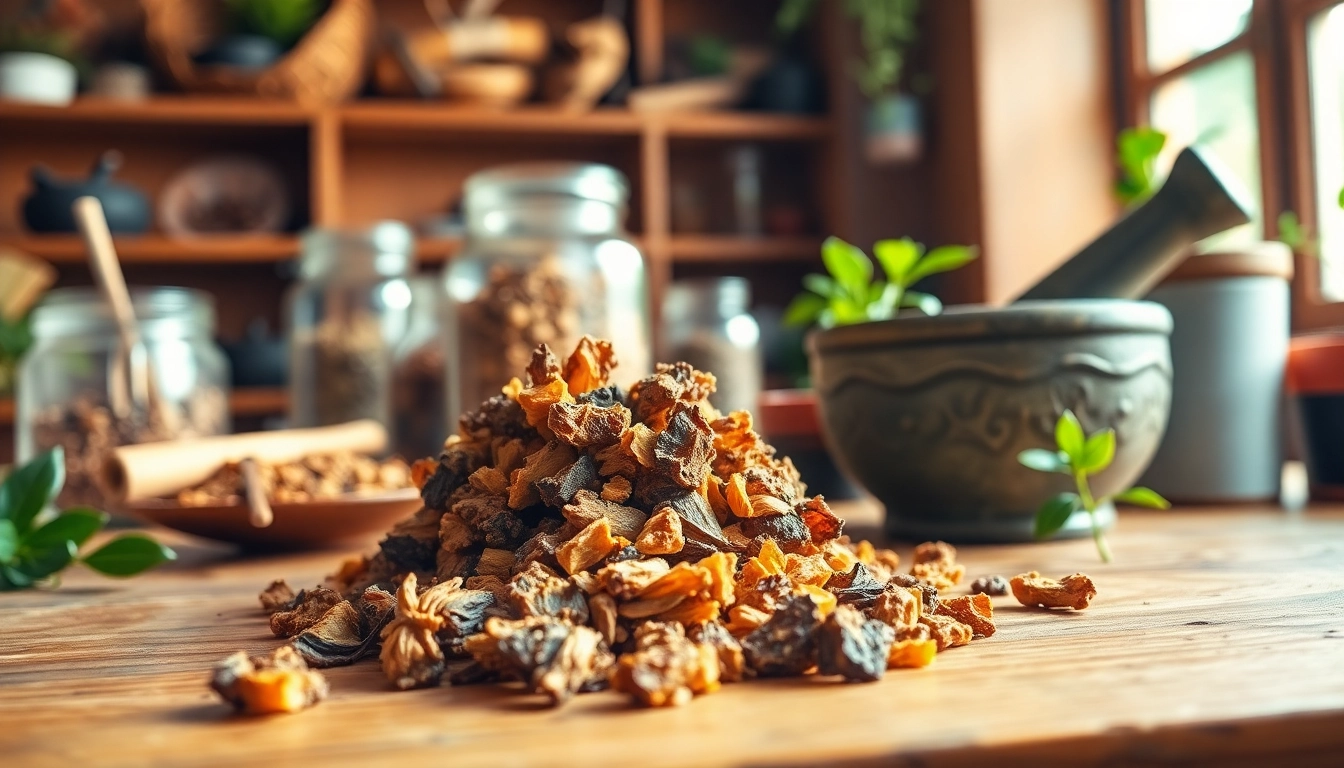What is Benjoin?
Benjoin, also spelled as “Benzoin,” is a natural resin obtained from the bark of several species of trees belonging to the genus Styrax. This aromatic resin has been used for centuries in traditional medicine, perfumery, and incense production. The unique, sweet, and balsamic scent of benjoin makes it a popular choice in the worlds of aromatherapy and natural remedies. Its rich history and wide range of applications make it a fascinating subject for anyone interested in herbalism and holistic practices. As many people seek out natural alternatives for their health and wellness needs, understanding the properties and benefits of benjoin becomes increasingly important.
The Origin of Benjoin
Benjoin has its roots in Southeast Asia, particularly in countries such as Laos, Thailand, and Indonesia, where the Styrax trees thrive in tropical climates. Historically, the use of benjoin traces back to ancient civilizations, notably in Egypt, where it was valued for both medicinal and ceremonial purposes. The resin was often burned as incense in temples and was believed to be a conduit for spiritual communication. This ritualistic use highlights the cultural significance and sacredness ascribed to benjoin throughout history.
Botanical Characteristics
Benjoin resin is harvested by making incisions in the bark of Styrax trees, allowing the sap to ooze out. This sap eventually hardens into a solid resin. The trees themselves can reach impressive heights, adorned with glossy green leaves and white or yellowish flowers that bloom in clusters. The aroma of benjoin varies slightly depending on its source, but it typically embodies a warm and slightly sweet scent, with undertones of vanilla and balsam, making it beloved in both perfumery and therapeutic applications.
Forms and Varieties of Benjoin
There are two primary types of benjoin commonly used today: Benzoin Siam and Benzoin Sumatra. Benzoin Siam, originating predominantly from Thailand, is characterized by its thicker, more viscous texture, while Benzoin Sumatra from Indonesia is known for being lighter and more aromatic. Both varieties have unique properties and applications, often chosen based on user preference and desired outcomes in aromatherapy or herbal remedies. In its physical form, benjoin can appear as crystalline chunks of resin or as a powdered form, making it adaptable for various uses.
Health Benefits of Benjoin
Benjoin is recognized not only for its aromatic properties but also for its wide range of health benefits, which encompass physical, emotional, and mental wellness. From its effectiveness in treating minor ailments to its calming effects in stress relief, the implications of incorporating benjoin into one’s health regimen can be profound.
Aromatherapy with Benjoin
In aromatherapy, benjoin is heralded for its ability to promote relaxation and reduce anxiety. It is often used in essential oil diffusers, offering a soothing scent that may enhance mood and induce tranquility. Studies have shown that inhaling benjoin may decrease levels of stress hormones and elevate serotonin levels, contributing to an overall sense of well-being. Additionally, it serves as a grounding agent, helping individuals connect with their inner selves, making it an excellent choice for meditation practices.
Medicinal Uses and Properties
Medicinally, benjoin is used to address a variety of conditions. Its antimicrobial and antiseptic properties make it beneficial in treating minor cuts and wounds, preventing infection. Traditionally, it has been employed to relieve respiratory issues, such as coughs and bronchitis, by acting as an expectorant, helping clear mucus from the respiratory tract. Moreover, benjoin’s anti-inflammatory characteristics can aid in reducing swelling and pain associated with conditions like arthritis. However, further research is warranted to fully understand its medicinal capabilities and efficacy across various ailments.
Safety and Side Effects
While benjoin is generally considered safe for use, some individuals may experience allergic reactions or skin irritations, particularly when using concentrated forms. It is advisable to perform a patch test before topical application and to consult with a healthcare provider if uncertain about its use. Pregnant or breastfeeding women should also exercise caution and seek guidance from a healthcare professional before incorporating benjoin into their routines. Staying informed about safety measures ensures that users can enjoy the benefits of benjoin without adverse effects.
How to Use Benjoin in Everyday Life
Incorporating benjoin into daily life can be enriching, offering both practical uses and holistic benefits. The resin can be employed in various forms, from essential oils to tinctures, allowing users to choose the method that works best for them. Below are several ways to effectively utilize benjoin.
DIY Recipes and Formulations
Creating DIY products with benjoin can be a rewarding way to harness its benefits. For instance, a simple benjoin-infused oil can be made by combining the resin with a carrier oil like jojoba or coconut. To do this, place a few pieces of benjoin resin in a jar and cover it with your chosen oil. Let the mixture steep in a warm place for several weeks, shaking it occasionally. This infusion can be used for massage or skincare, allowing users to take advantage of benjoin’s moisturizing and antiseptic properties.
Incorporating Benjoin in Home Remedies
Benjoin has a versatile role in home remedies. For instance, it can be added to steam inhalation therapies for respiratory health by dissolving a few drops of benjoin essential oil in a bowl of hot water. Covering the head with a towel and inhaling the steam can help alleviate symptoms of colds or bronchitis. Additionally, using benjoin in bath salts can create a relaxing soak, as the warm water releases its aromatic properties, easing tension and fatigue.
Benjoin in Cultural Practices
Traditionally, benjoin has been utilized in various cultural practices, particularly in religious and spiritual rituals. Its fragrant smoke is believed to purify spaces, ward off negative energies, and enhance meditation practices. Using benjoin incense during yoga or spiritual ceremonies can deepen one’s connection to both self and surroundings. Understanding its cultural significance can provide insight into how it has been revered through the ages and offer a more profound appreciation of its applications.
Comparing Benjoin with Other Herbal Resins
While benjoin stands out for its unique properties, it is often compared with other well-known herbal resins, such as frankincense and mastic. Each of these resins brings its distinct characteristics and benefits, tailored for different uses and preferences.
Benjoin vs. Frankincense
Benjoin and frankincense are often mentioned together due to their common uses in incense and aromatherapy. Frankincense, derived from the resin of the Boswellia tree, is known for its ability to elevate spiritual consciousness and provide respiratory benefits. In contrast, benjoin is more focused on grounding and promoting emotional balance. While both have antiseptic properties, benjoin is often preferred for its sweeter aroma and its more pronounced soothing effects. The choice between the two often depends on an individual’s specific needs and preferences.
Differences between Benjoin and Mastic
Mastic, sourced from the resin of the Pistacia lentiscus tree, is primarily used for its mouthfreshening and digestive benefits. Unlike benjoin, which is known for its calming, grounding effects, mastic is more stimulating and has been recognized for its use in gum production and digestive health. While both resins may be beneficial for their respective properties, their applications differ significantly, making each suitable for specific needs.
Unique Features of Benjoin
Benjoin’s unique features include its capability to act as a natural preservative due to its high antioxidant content. This makes it valuable not only in herbal remedies but also in skincare formulations where preservation is vital. Furthermore, its ability to blend well with other essential oils adds to its versatility, often found in fragrance blends, candles, and personal care products. Its unique characteristics are what make it an essential resin in the herbalist’s toolkit.
Future of Benjoin in Herbalism
The future of benjoin in the realm of herbalism looks promising, with increasing interest in natural remedies and sustainable products. As herbalist practices evolve, the role of benjoin is likely to expand, driven by changing consumer preferences and ongoing research into its applications.
Trends and Market Demand
As more consumers turn to holistic approaches to health and wellness, the demand for natural herbal products including benjoin is expected to rise. The growing trend towards clean beauty and natural personal care products is particularly relevant, as benjoin provides benefits that align with the sustainable movement. Understanding market trends will be key for practitioners and businesses involved in herbal medicine as they adapt to meet consumer needs and preferences.
Research and Innovations
Ongoing research in the field of herbalism is unveiling new dimensions for benjoin, including studies on its pharmacological properties and potential therapeutic uses. Innovations, such as advanced extraction methods and formulation technologies, may enhance the efficacy and availability of benjoin-derived products. As research continues to evolve, practitioners can provide evidence-based recommendations to their clients, further legitimizing the role of benjoin in modern herbalism.
Community and Sustainability Practices
As sustainability becomes a focal point in herbalism, the community surrounding benjoin is also adapting to prioritize ethical sourcing and environmental stewardship. Encouraging responsible harvesting methods and supporting local communities engaged in benjoin resin production can create a positive impact while preserving traditional practices. Engaging in discussions around sustainability will be crucial for future practitioners who wish to use benjoin and promote its benefits responsibly.




